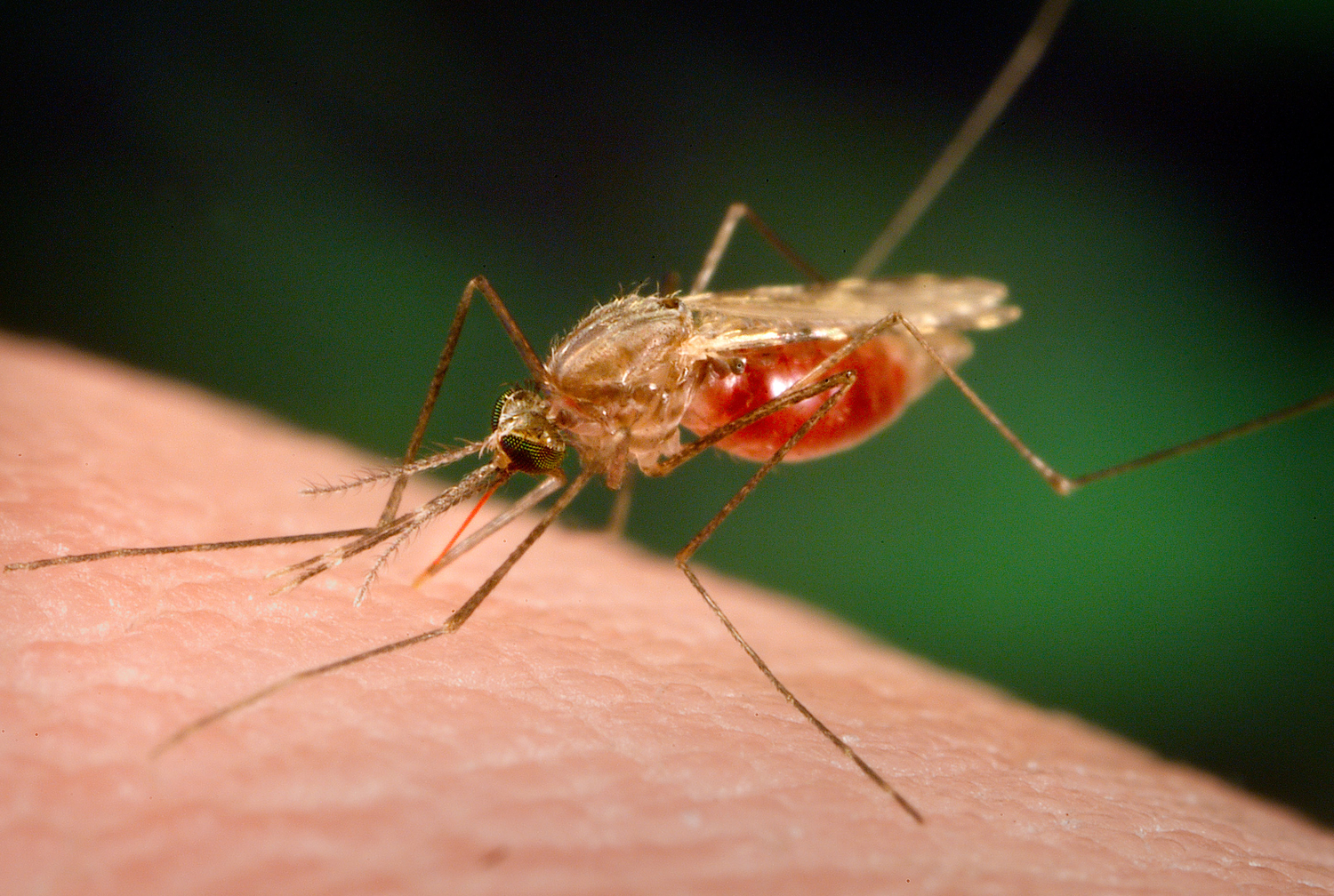Insect bites and stings are common and usually only cause minor irritation. However, some stings can be painful and trigger a serious allergic reaction. When an insect bites, it releases saliva that can cause the skin around the bite to become red, swollen and itchy. The venom from a sting often also causes a swollen, itchy, red mark (a weal) to form on the skin. This can be painful, but it’s harmless in most cases. The affected area will usually remain painful and itchy for a few days.
The severity of bites and stings varies depending on the type of insect involved and the sensitivity of the person. Symptoms can vary, but may include:
- Wheezing or difficulty breathing
- Nausea, vomiting or diarrhoea
- Increased heart rate
- Dizziness or feeling faint
- Difficulty swallowing (dysphagia)
- Confusion, anxiety or agitation
It is always important to seek medical advice before travelling to any part of the world where there is a risk of catching malaria. You may need to take antimalarial tablets to avoid becoming infected. When you reach your destination, make sure your accommodation has insect-proof screen doors and windows that close properly. Sleeping under a mosquito net and spraying rooms with insecticide will also help prevent you being bitten.

There are a number of precautions you can take to avoid being bitten or stung by insects whilst you are on holiday. It is particularly important to follow this advice if you’ve had a bad reaction to an insect bite or sting in the past. Some of the precautions you can take to minimise your risk of being bitten or stung by an insect are listed below:
- Move away slowly and don’t panic if you encounter wasps, hornets or bees – don’t wave your arms around or swat at them.
- Cover exposed skin – if you’re outside at a time of day when insects are particularly active, such as sunrise or sunset, cover your skin by wearing long sleeves and trousers.
- Wear shoes when outdoors
- Apply insect repellent to exposed areas of skin – repellents that contain diethyltoluamide (DEET) are most effective.
- Avoid using products with strong perfumes, such as soaps, shampoos and deodorants – they can attract insects.
- Avoid flowering plants, outdoor areas where food is served, rubbish and compost – regularly and carefully remove any fallen fruit in your garden and keep a well-fitting lid on dustbins
- Never disturb insect nests – wasps build nests in sheltered areas such as trees and roof spaces; if a nest is in or near your house, arrange to have it removed.
- Keep food and drink covered when eating or drinking outside, particularly sweet things – wasps or bees can also get into open drink bottles or cans you’re drinking from.
In the event that you do experience an insect bite, Sickholiday advise that you seek medical attention whilst on holiday as this will greatly increase your chances of making an eligible claim upon your return.
It is your tour operators’ responsibility to make sure you are provided with a safe, clean and hygienic hotel.
If you have fallen ill whilst on an all-inclusive holiday get in touch with a member of our team. We have over 10 years industry experience and we will be happy to help you through the process of claiming back the cost of your holiday plus any additional compensation you may be owed.